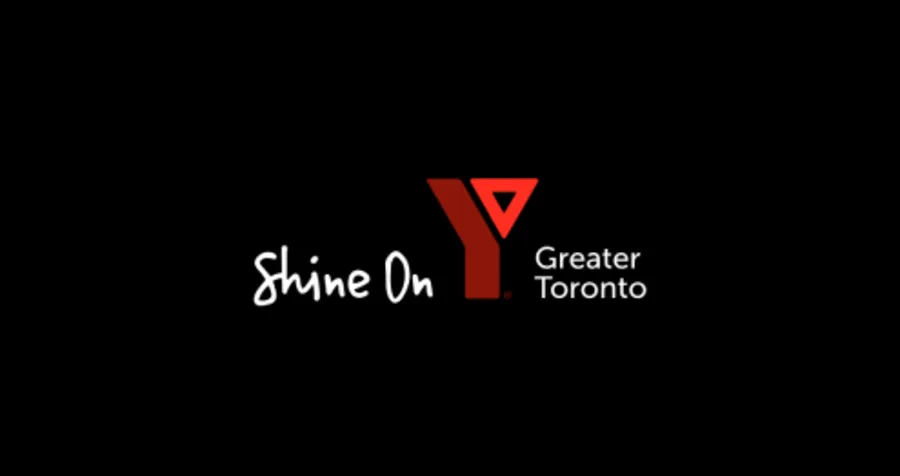Ask A Personal Trainer: How much protein do I really need?

Pop quiz: name me a macronutrient. (I’ll wait while you Google that...)
I’m going out on a limb here, and guessing you picked protein. People love protein, especially those who lift weights. For some, it’s a creepy Fatal Attraction-style love, the kind of love that demands an intervention, if not a restraining order. If your cupboards are stocked with protein-infused cookies, or your gym routine includes furiously chugging a protein shake the second you finish your final set, consider this your wake-up call, because I’m about to bust some of the most persistent protein myths.
But first, a quick primer. What exactly is protein, and why are so many gym-goers obsessed with it? As stated above, protein (along with fat and carbohydrate) is one of three macronutrients that we need to live. Proteins are molecules that are made up of smaller compounds called amino acids, and they’re found in just about everything we eat. When we digest food, our body breaks down these proteins into their individual amino acids; these amino acids are then used for a whole bunch of important biological functions like hormone production and cellular repair. It’s that last part — cellular repair — that makes protein so important for people who lift weights.
You see, when we lift, we cause tiny tears in our muscles. We need the amino acids from protein to repair these tears so our muscles get bigger and stronger. Knowing this, it’s easier to understand why your neighbourhood GNC has approximately 15,000 different varieties of protein powders and bars offering megadoses of the stuff. But with protein, as with most things in life, more isn’t always better.
Myth #1: More Protein = More Muscle
This may come as a shock to some, but the health supplement industry is an unregulated Wild West filled with con artists and cheats. Working in tandem with bodybuilding magazines and websites, these false gurus have managed to convince a generation of fitness enthusiasts that unless you consume 30 grams of protein every hour, you’re wasting your time. Actual science says otherwise.
For regular folks, the recommended daily protein intake is 0.8 grams per kilogram of bodyweight. Lifters and athletes need more protein because their muscles are under more stress, but the amount isn’t that much higher — anywhere from 1.0–2.2 grams per kilogram of bodyweight will do the trick. Any more and you’re literally flushing your money down the toilet, as excess protein is either converted to and then stored as fat, or is expelled from the body.
Myth #2: The Anabolic Window
Hang around gyms long enough and chances are you’ll hear about the so-called “anabolic window.” For the uninitiated, this refers to the period after training when the body switches to repair mode and is most responsive to the muscle-building effects of amino acids. Our friends in the supplement industry have capitalized on this very real occurrence by exaggerating the facts and giving it a cool-sounding name so you’ll buy more of their stuff. Their special brand of bro-science says that you have one hour, tops, to guzzle your protein shake or else all your precious gains are lost.
In reality, the anabolic window is more of an anabolic loading bay door. Yes, you certainly need to refuel after a hard training session, but there’s no scientific data to support the notion that those 60 post-lifting minutes are somehow crucial to either performance or appearance.

Paul graduated from Humber College’s Fitness & Health Promotion program (with honours!), earning a certification in personal training and group fitness from the Ontario Fitness Council along the way. His training specialties are bodyweight training, strength training for older adults, and plant-based nutrition.
Have a question for our personal trainers? Message us on Twitter or Facebook.











